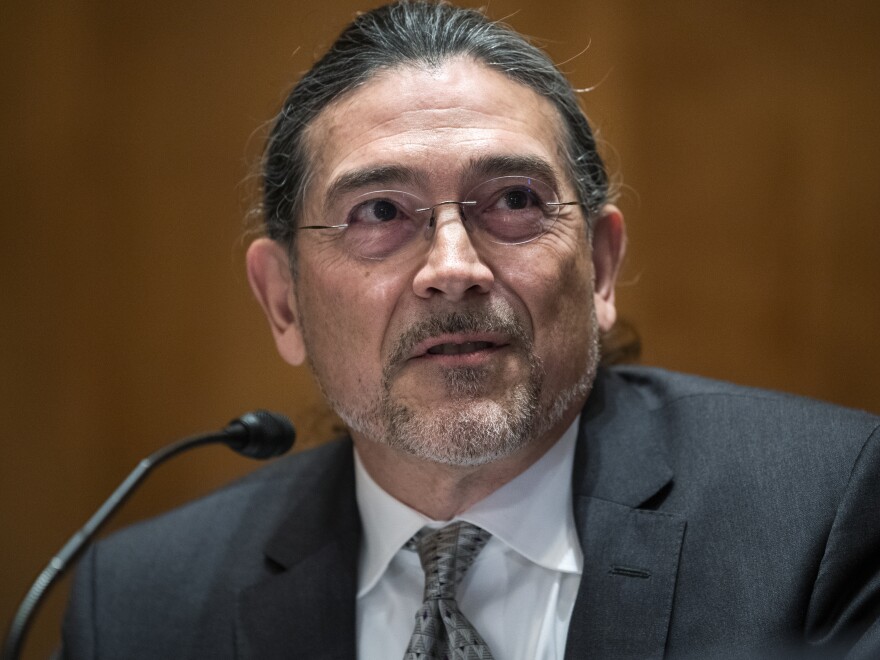Roberto Santos is the first Latino ¬– or person of color – to become director of the US Census Bureau, a permanent position confirmed by the Senate. According to
“The Washington Post”, “His tenure follows a rocky period during which the Trump administration tried to add a citizenship question to the 2020 Census and block undocumented immigrants from being counted for apportionment. The 2020 survey was also roiled by legal battles, pandemic delays and natural disasters”.
Santos was born in San Antonio, Texas, and worked for more than four decades in research and statistical analysis. He was the vice president and chief methodologist at the Urban Institute, and president of the American Statistical Association in 2021. In an interview with “The Post”, he talked about his work and how a Latino's vision could guide his leadership.
Asked about a possible difference in his management in relation to previous directors, Roberto Santos replied: “What I’m bringing is a diverse perspective from a person of color. I’ve lived in a predominantly White industry for over 40 years and I’ve been very successful, and throughout that career there have been instances where my diverse voice, my voice as a Latino based on my life experience and my culture, has made a difference in terms of altering and improving the research that was done. And so I came to the Census Bureau with a desire to help be a catalyst for cultural change in a way that values diversity, inclusion and equity”.
When trying to exemplify a better way of directing activities in the Census office, Santos pointed to the issue of family income: “I think we’ve been asking that question for 30 or 40 years pretty much the same way, yet if you think about it the question was designed in a time period where most adults had jobs in the U.S. that were salary jobs, so you got a monthly salary or a biweekly paycheck. We have evolved over the last 20 years into a society that has a mixture of those types of jobs as well as a vast amount of gig work. And with the economy shifting and evolving the way it has, there are many families, because of low-income households, and poverty and instability and housing and such, where people have to work two or three part time jobs […]. Now it’s really, really difficult to calculate how much do you get a year. […] Because things change a lot from month to month”.
When answering the question about how to address issues like the 2020 Census undercount of Latinos, Blacks, and Native Americans, Santos highlighted: “it’s important to talk about trust. […] We’ve been trying harder for decades, and that has had limited success. Keeping in mind, of course, that the pandemic was just unprecedented and one would naturally expect there to be issues of counting among the most hard-to-count populations. What I think is needed, especially given the degradation of trust levels among different subpopulations of, say, Latinos and African Americans and such, is a need to shift away and to reinvent this notion of partnerships and stakeholder outreach […] to one that establishes a permanent, ongoing relationship with communities […].However, the flip side is that we have really valuable information for your community, for your subpopulation, that will inform how better you can be served, that will inform where you need to put drugstores or grocery stores or fire stations, or schools, so we need to be more deliberate about working with communities, providing data and demonstrating tangible evidence of how this working relationship works. It’s not a one off “we just want data from you”; it’s a two-way type of thing”.
 Tom Williams / CQ Roll Call Via Getty Images
Tom Williams / CQ Roll Call Via Getty Images











